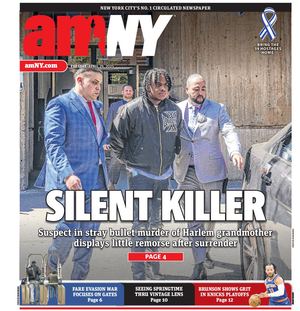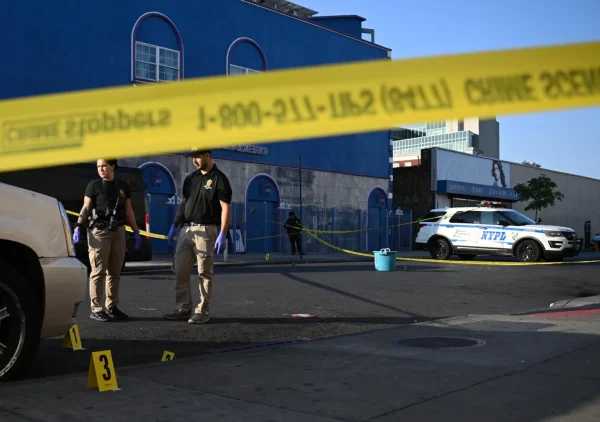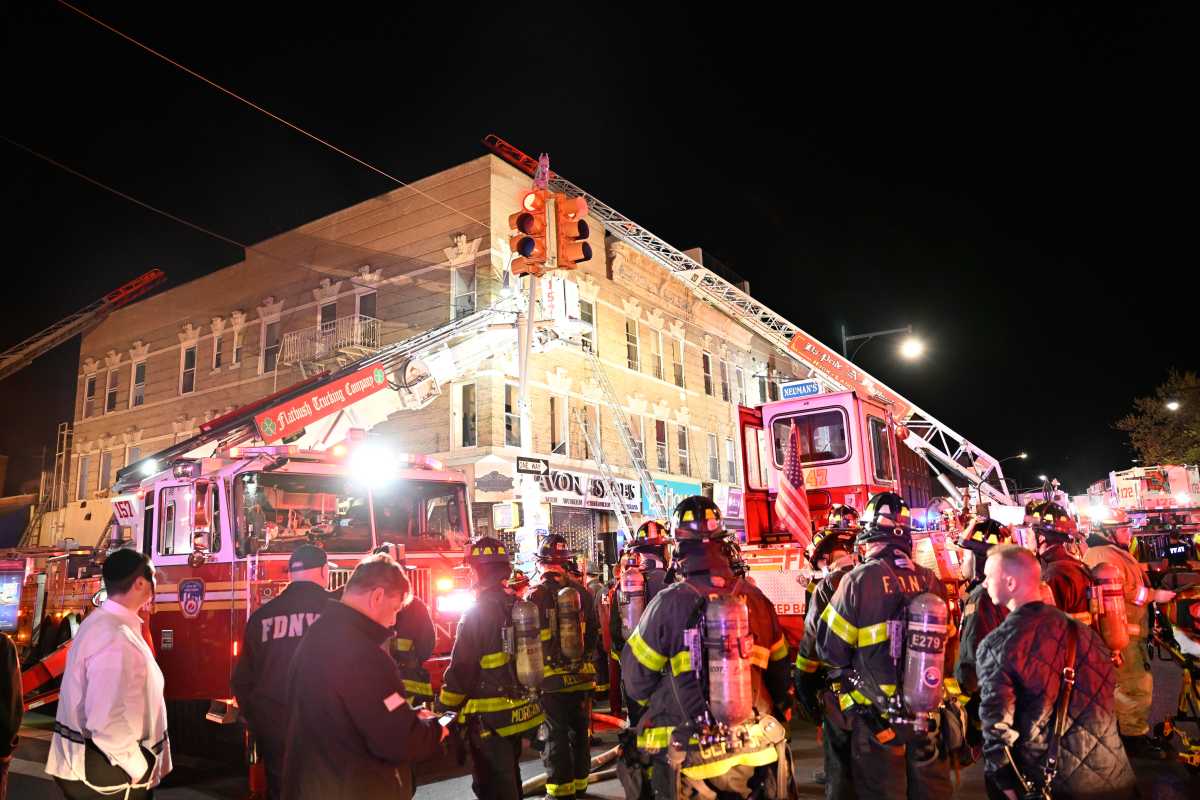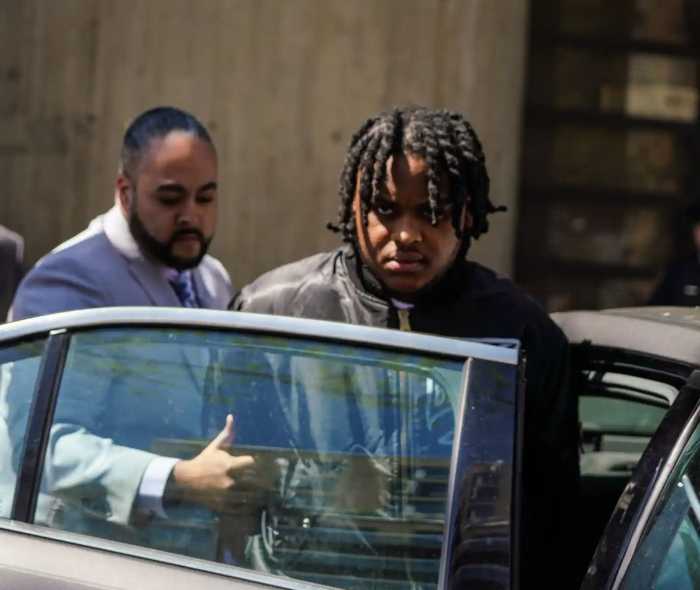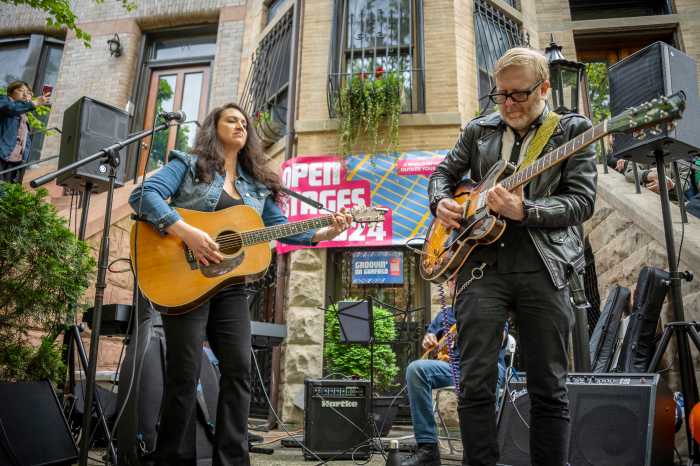
A seemingly emotional NYPD Commissioner James O’Neill fired Officer Daniel Pantaleo Monday in the death of Eric Garner in 2014.
While some may be relieved by the decision, the sad fact is that the problems with the NYPD go far beyond the job and pension of one officer.
During his news conference, O’Neill finally fired Pantaleo but repeatedly prefaced his decision by explaining that he agreed with a recent decision by the NYPD’s trial judge to dismiss the officer, which was reaffirmed by NYPD First Deputy Commissioner Benjamin Tucker. O’Neill also made several references to Garner resisting arrest.
As many listened, O’Neill often centered his words through the point of view of police officers and seemed to distance himself from over five years of political finagling and delays in the investigation of Garner’s death in 2014. O’Neill said that if he still were a uniformed cop, “I’d probably be mad at me today” – creating a space for police unions and police supporters to complain that Pantaleo was a victim of politics.
Lost in the hoopla of Monday’s events was the fact that Garner, and many other New Yorkers of color, have been victims of NYPD policies.
Before Garner complained that he couldn’t breathe while under a chokehold by Pantaleo, he complained about the police harassment that preceded it. “It stops today” were the words of a man who no longer wanted to be routinely arrested. While police supporters point to Garner’s 30-plus arrests as proof of his criminal nature, it is far more indicative of the mass broken-windows policing NYC has dished out for years in poor communities of color.
Broken-windows policing’s call for enforcement against low-level, quality-of-life offenses – like selling loosie cigarettes – led to Garner’s death: the hyper-policing of behaviors in an obsessive push for order.
In a statement, PBA president Pat Lynch complained that police will be frozen and “cop-haters” won’t be satisfied. Like a broken clock, Lynch incidentally said something true: People won’t be satisfied.
Since Garner’s death, the NYPD has executed thousands of low-level interactions in which police involvement further inflames tensions. Garner wanted the harassment to end — but for thousands of people, nothing has changed.
Josmar Trujillo is a trainer, writer and activist.
